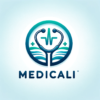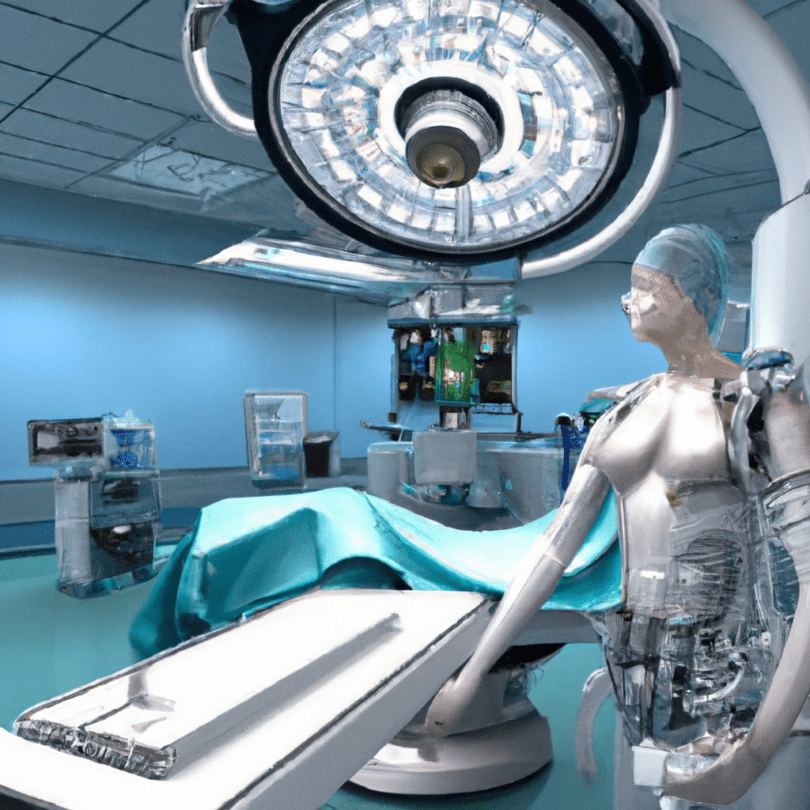Technological advancements have always played a pivotal role in shaping various industries, and the medical field is no exception. Over the years, healthcare has witnessed remarkable progress in terms of technology, revolutionizing the way medical practitioners diagnose, treat, and manage diseases. As we delve into the future, it becomes increasingly important to explore the cutting-edge technologies that are reshaping the medical landscape. In this blog post, we will embark on a journey to uncover the healthcare’s technological frontier and the future technologies set to make a significant impact.
1. Artificial Intelligence (AI) and Machine Learning (ML):
AI and ML have already made their presence felt in the medical arena, and their future potential is immense. By utilizing AI algorithms and machine learning models, healthcare professionals can analyze vast amounts of complex medical data to predict diseases, improve diagnostic accuracy, and develop personalized treatment plans. Moreover, AI-powered robots can perform surgical procedures with precision and assist healthcare providers in routine tasks, thereby enhancing efficiency and reducing human errors.
2. Telemedicine and Remote Patient Monitoring:
The advent of telemedicine has brought healthcare to the fingertips of patients around the world. Through video consultations, individuals can receive medical advice, prescriptions, and even monitor their vital signs from the comfort of their homes. With advancements in wearable technology, remote patient monitoring has become more practical, allowing doctors to track patients’ health parameters in real-time. This technology is particularly beneficial for individuals managing chronic conditions and can significantly reduce hospital visits and healthcare costs.
3. Internet of Medical Things (IoMT):
IoMT refers to connected medical devices and wearables that transmit patient data to healthcare professionals. This technology enables continuous monitoring of health conditions, tracking of medication adherence, and early detection of potential health risks. With the help of IoMT, doctors can receive real-time insights, enabling proactive and personalized healthcare interventions.
4. Blockchain Technology:
Blockchain, known for its association with cryptocurrencies, has gained traction in healthcare due to its unique capabilities, such as data security, immutability, and interoperability. By leveraging blockchain, healthcare providers can improve the integrity of medical records, securely exchange patient data across different entities, and streamline payment processes. Furthermore, blockchain’s decentralized structure enhances data privacy, empowering patients to have more control over their medical information.
5. Virtual Reality (VR) and Augmented Reality (AR):
Virtual and augmented reality have extended their reach beyond just gaming and entertainment. In healthcare, VR and AR offer immersive and interactive experiences that aid in medical training, surgical simulations, and precise patient education. For instance, by using VR, medical students can practice complex surgical procedures in a controlled environment, minimizing risks and improving their skills. AR, on the other hand, provides real-time information overlaid onto a physician’s view during surgery, enhancing accuracy and reducing complications.
The future of healthcare is undeniably intertwined with technology. As these cutting-edge technologies continue to evolve, the medical landscape will undergo a significant transformation. By embracing these advancements, healthcare providers can enhance patient outcomes, improve efficiency, and deliver more precise and personalized care. In an era where innovation is constant, staying at the forefront of healthcare’s technological frontier is crucial for the progress of medical practices and the well-being of patients worldwide.

